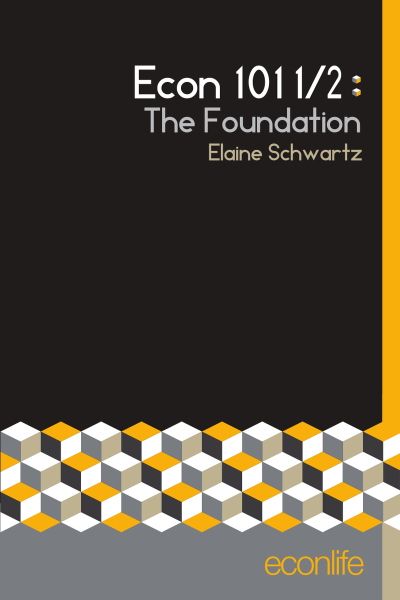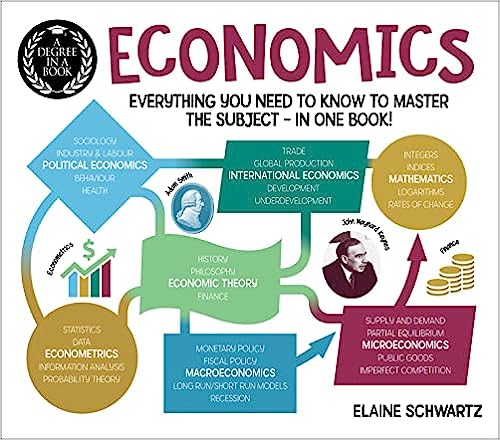Called a prescription escalator, our prescription drug spending is more about efficacy and age than the rising prices that we say we see.
Why a Lifetime Pasta Pass is About More Than Spaghetti
The unlimited pasta that Olive Garden’s Never Ending Pasta Pass winners consume reflects a massive change in marginal utility.
What Chuck E. Cheese Teaches Us About Money
When Chuck E. Cheese changed the kinds of payment cards that kids and their parents used for games and food, they created new spending incentives.
When to Worry About Water
Approaching Day Zero, the people in Cape Town South Africa were conserving water by singing two minute shower songs and using 50 liters (13 gallons) a day.
Disrupting the Movie Industry
With many of us rarely going to a theater, we can see why movie attendance is down and the chance for industry disruption is up.
Breaking the First-Digit Law and Other Number Crimes
When the digits that appear frequently in national accounting figures, spreadsheets, and earnings reports are missing, then we can say we have suspicious numbers.
Explaining Why We’ll Have New Hotel Shampoo Bottles
Describing why we’ll have new hotel shampoo bottles, Marriott, a hotel guest, and an economist would have different explanations.
Why Albums Are Longer
We are streaming more of our music with the newest albums having as many as 45 tracks. Where are we going? To some marginal thinking. But first, a bit of history… Music Industry Revenue Does anyone remember LP records? In…
The Economics of the Pumpkin Slingshot
For the next bite of a doughnut or the next try at a pumpkin slingshot, economist Alfred Marshall’s marginal analysis helps you decide whether to say yes.
How Your Parking Lot and Your Medical Care Could Be Similar
Our healthcare costs and parking lot spending are influenced by similar incentives that involve paying per visit or with a lump sum for unlimited use.



















